
Can Cyclists Ride Two Abreast?
Can cyclists ride two abreast? Riding side by side is common for both traditional bikes and e-bikes, especially in groups or when guiding less experienced riders. It boosts visibility, communication, and safety, while making rides more social and enjoyable. By following practical rules and riding considerately, cyclists and e-bike riders can enjoy a smoother, safer journey.
Can Cyclists Ride Two Abreast?
Yes, cyclists can ride two abreast, and it is often a safer and more practical choice for group rides. Riding side by side improves visibility to drivers, facilitates communication within the group, and allows less experienced riders to stay protected. By riding considerately and following practical rules, cyclists can enjoy a smoother, more coordinated, and enjoyable ride.
Highway Code Rules That Apply
-
Rule 66 – Riding Two Abreast
Cyclists often ride two abreast to improve visibility, safety, and communication within a group. Riding side by side helps members stay organized and notice hazards quickly. On narrow or busy roads, or around bends, riders should switch to single file and allow safe overtaking. -
Rule 154 – Rural Roads
On rural roads, cyclists may choose single file if it feels safer, especially on narrow or winding lanes. Riding two abreast can make a group more compact and easier to manage. Drivers should wait for a safe opportunity to overtake, keeping everyone safe. -
Rule 169 – Lane Positioning
Riding in the middle of the lane improves visibility and control, particularly for two-abreast groups in slower traffic. It makes cyclists more noticeable and reduces risky overtaking. This central position keeps the group predictable and safer for all road users. -
Rule 213 – Avoiding Hazards
Cyclists should keep a safe distance from parked cars—around a door’s width (0.5–1m). Riding in the centre or two abreast helps see and be seen, improving hazard awareness. It also allows smoother navigation and better safety for the entire group.
Why Cyclists Ride Two Abreast?
Riding two abreast improves safety by increasing visibility to drivers and protecting less confident riders. It allows cyclists to communicate hazards and road conditions quickly, keeping the group aware of upcoming changes in traffic.
Two-abreast riding also enhances social interaction, making group rides more enjoyable through conversation and camaraderie. By occupying more road space, it discourages unsafe overtaking and reduces the risk of accidents from drivers squeezing past.
Cyclists riding two abreast can also improve efficiency in group riding, as the formation takes up less road length than single file, allowing faster and safer overtaking for everyone.
Single File vs Two Abreast: A Closer Look
Single File Formation
Riding single file is often less obstructive for other road users and can help in narrow lanes or heavy traffic. However, it stretches the group, slowing overtaking and making it harder for drivers to gauge group size. It also limits communication between cyclists, reducing the ability to share hazards, potholes, or changes in traffic conditions.
Two Abreast Formation
A two-abreast formation keeps the group compact, allowing quicker and safer overtaking for drivers. This formation improves visibility, communication, and lane control, helping cyclists stay organized and respond faster to obstacles. Riding two abreast also supports less confident riders by keeping them alongside more experienced cyclists.
Choosing the Right Formation
Deciding between a single file or two abreast depends on road width, traffic conditions, and group size. On busy roads or tight bends, a single file may be safer, while two abreast works well on wider, quieter roads. Cyclists should always prioritize context, safety, and smooth communication to maintain a safe and enjoyable ride.
Practical Tips for Riding Two Abreast Safely
Riding two abreast can improve visibility, communication, and group safety, but it requires attention to road conditions, traffic, and coordination. Follow these practical tips to keep your ride safe, organized, and enjoyable.
-
Use Hand Signals and Verbal Warnings
Always use hand signals and verbal warnings to alert fellow cyclists to hazards, potholes, or traffic changes. Riding two abreast safely depends on clear communication, allowing the group to react quickly and avoid accidents. -
Adjust Positioning to Road Width and Traffic
Adapt your lane positioning based on road width and traffic conditions. Narrow lanes or busy streets may require temporarily riding single file, while wider roads allow cyclists to ride side by side for better visibility and control. -
Be Courteous and Allow Safe Overtaking
Maintain a considerate approach toward other road users. Allow vehicles to overtake safely whenever possible, balancing the benefits of two-abreast riding with smooth traffic flow and mutual safety. -
Maintain Group Cohesion and Communication
Keep the group organized and stay aware of each rider’s position. Cyclists riding two abreast should share information about obstacles, changes in formation, or approaching vehicles, ensuring everyone’s safety and a more enjoyable ride. -
Stay Predictable and Visible
Riding two abreast increases group visibility, but predictability is key. Avoid sudden swerves, maintain steady spacing, and make movements clear to both your group and other road users. -
Adapt to Weather and Road Conditions
Adjust the two-abreast formation when conditions are wet, slippery, or roads are uneven. Staying flexible ensures safety for all group members while maintaining visibility and communication.
Safety Considerations and Group Cycling Etiquette
Riding in a group or two abreast requires attention to safety and proper etiquette. Following key guidelines ensures the ride is smooth, predictable, and enjoyable for all cyclists and other road users.
Keep a Safe Distance from Parked Vehicles and Road Edges
Always maintain at least a door’s width (0.5–1m) from parked cars. Riding slightly away from the edge of the road protects against sudden car doors opening or obstacles along the kerb. Proper positioning is essential for safe two-abreast cycling.
Communicate Clearly with Riders in Your Group
Use hand signals, verbal cues, and calls to indicate hazards, turns, or changes in pace. Clear communication ensures the group stays coordinated and reduces the risk of accidents when riding two abreast on busy or narrow roads.
Be Predictable in Your Movements
Maintain steady paths and avoid sudden swerves or stops. Predictable riding helps drivers and fellow cyclists anticipate your actions, ensuring smoother overtaking and safer group rides when cycling side by side.
Slow Down When Necessary
Reduce speed near junctions, sharp bends, or in poor weather conditions. Slowing down improves reaction time and makes two-abreast riding safer, particularly for less confident riders or when road surfaces are hazardous.
Enhance Two-Abreast Cycling with isinwheel E-Bikes
Cycling two abreast is safer and more enjoyable with the right e-bike. isinwheel e-bikes provide powerful performance, reliable batteries, and smooth handling, making side-by-side cycling easier and more comfortable. Whether on quiet roads or in group rides, these e-bikes improve visibility, control, and coordination for all cyclists.
|
Images |
 |
 |
 |
 |
 |
 |
|
Models |
||||||
|
Top Speed |
20 MPH |
20 MPH |
18.6 MPH |
21.7 MPH |
19 MPH |
20 MPH |
|
Peak Power |
500W |
500W |
500W |
500W |
500W |
750W |
|
Battery |
36V 7.8Ah |
36V 13Ah |
36V 7.8Ah |
36V 10.4Ah |
36V 10.4Ah |
36V 10.4Ah |
|
Max Range |
28 miles |
65 miles |
35 miles |
60 miles |
55 miles |
55 miles |
|
Speed (before unlock) |
10/15/25 km/h |
6/10/15/20/25 km/h |
10/15/25 km/h |
6/10/15/20/25 km/h |
6/10/15/25 km/h |
6/10/15/20/25 km/h |
|
Speed (after unlock) |
15/25/32 km/h |
10/15/20/25/32 km/h |
15/25/30 km/h |
6/10/15/20/35 km/h |
15/25/30 km/h |
10/15/20/25/32 km/h |
|
Brake System |
front and rear disc brakes |
mechanical brake |
disc brakes |
mechanical disc brakes |
dual disc brakes |
dual disc brakes |
|
Max Load |
120 kg |
120 kg |
120 kg |
150 kg |
120 kg |
120 kg |
|
Net Weight |
23.2 kg |
27 kg |
23.3 kg |
27kg |
26.5 kg |
28.4 kg |
|
Suspension |
Rear mid shock absorber |
Front suspension |
Adjustable front fork + comfort saddle |
Hydraulic fork |
Dual |
Aluminum front fork |
|
Max Climb |
20% |
37% |
25% |
20% |
20% |
20% |
|
Tire Size |
14×1.95" |
26×1.95" |
16×1.75" |
26×1.95" |
16×2.15" |
26×1.95" |
|
Tire Type |
Pneumatic |
Pneumatic |
Pneumatic |
Pneumatic |
Pneumatic |
Pneumatic |
|
IP Rating |
IPX4 |
IP65 |
IPX65 |
IPX5 |
IPX4 |
IPX4 |
|
Removable Battery |
No |
Yes |
No |
Yes |
Yes |
Yes |
|
Rider Height |
150–185 cm |
160–192 cm |
155–185 cm |
160–190 cm |
140–180 cm |
150–192 cm |
Conclusion
Cyclists can ride two abreast, making it a practical and safer choice for group rides. Following Highway Code rules 66, 154, 169, and 213 ensures visibility, lane positioning, and smooth interaction with other road users. Prioritising courtesy, communication, and situational awareness helps maintain a safe and harmonious experience on the road.
FAQs
What is the new rule for cyclists?
Cyclists should ride in the centre of quieter lanes and keep at least 0.5 metres from the kerb on busier roads. Riding two abreast is allowed, but move into single file to let faster traffic pass safely. Drivers must give 1.5–2 metres when overtaking and give way at junctions.
Can bike riders ride next to each other?
Yes. Cyclists can ride two abreast, improving visibility, safety, and communication. Only two riders side by side are allowed; additional riders should follow behind or overtake safely.
What is Rule 37 for cycling?
Rule 37 ensures that cycling eyewear arms sit over helmet straps for a secure fit. With isinwheel e-bikes, every ride is designed to be safe and enjoyable, and proper gear ensures maximum protection.
Are cyclists allowed to ride 4 abreast?
Cycling more than two side by side is not permitted, though it is generally discouraged primarily for safety and road-sharing reasons.
The Latest Posts
Explore isinwheel products
City E Scooter | Off-Road Scooter
Fastest Scooter | Kids Scooters




















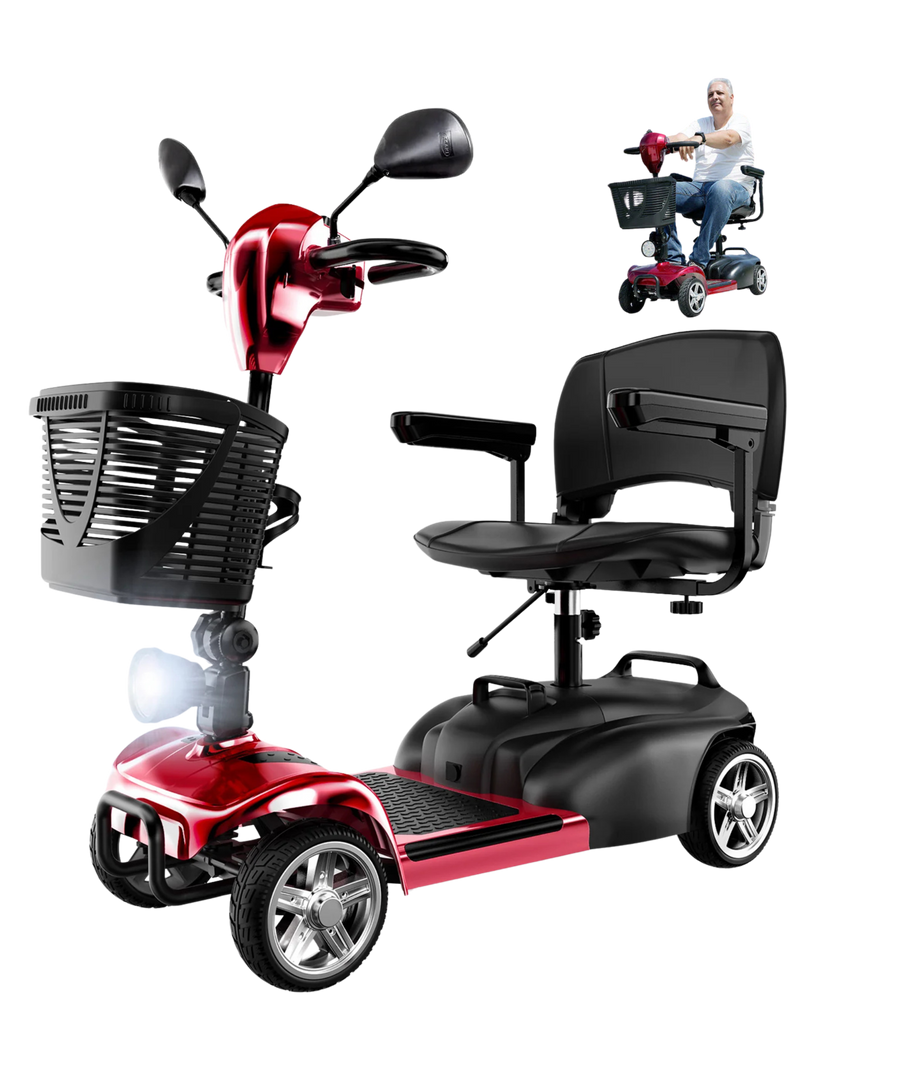
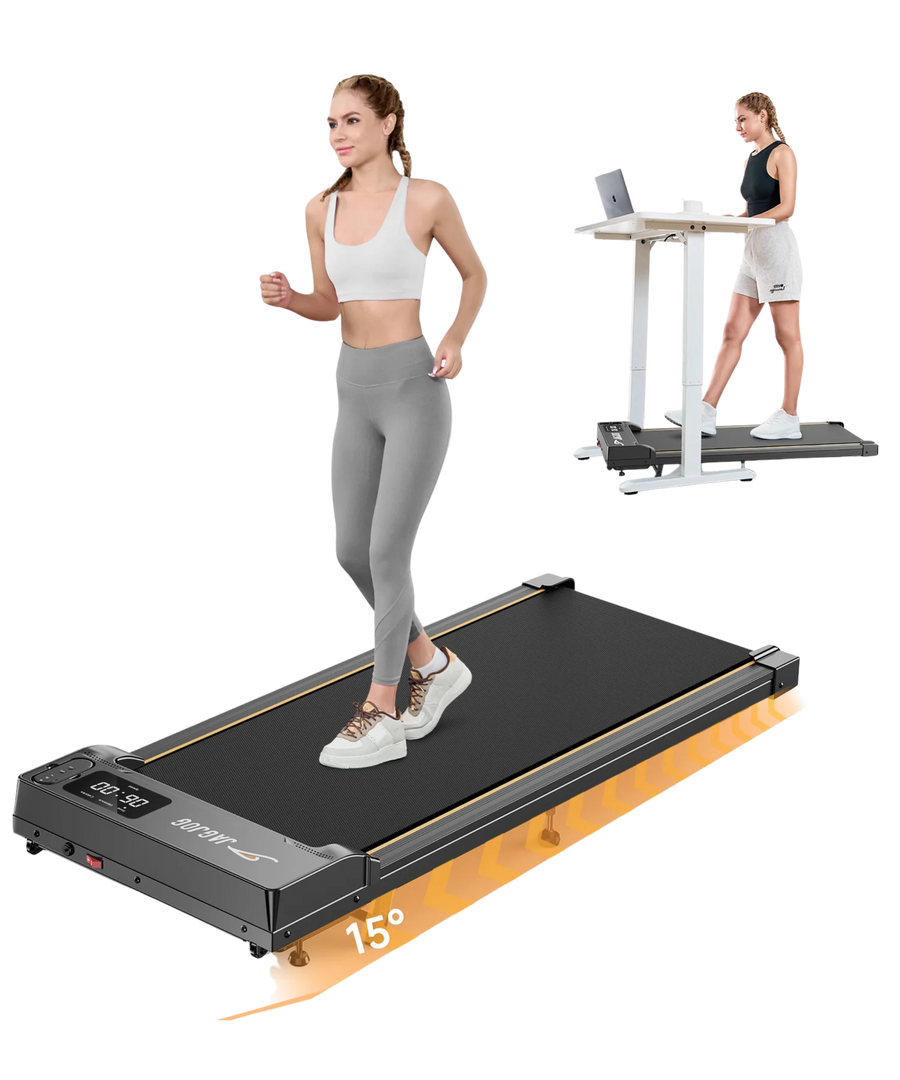
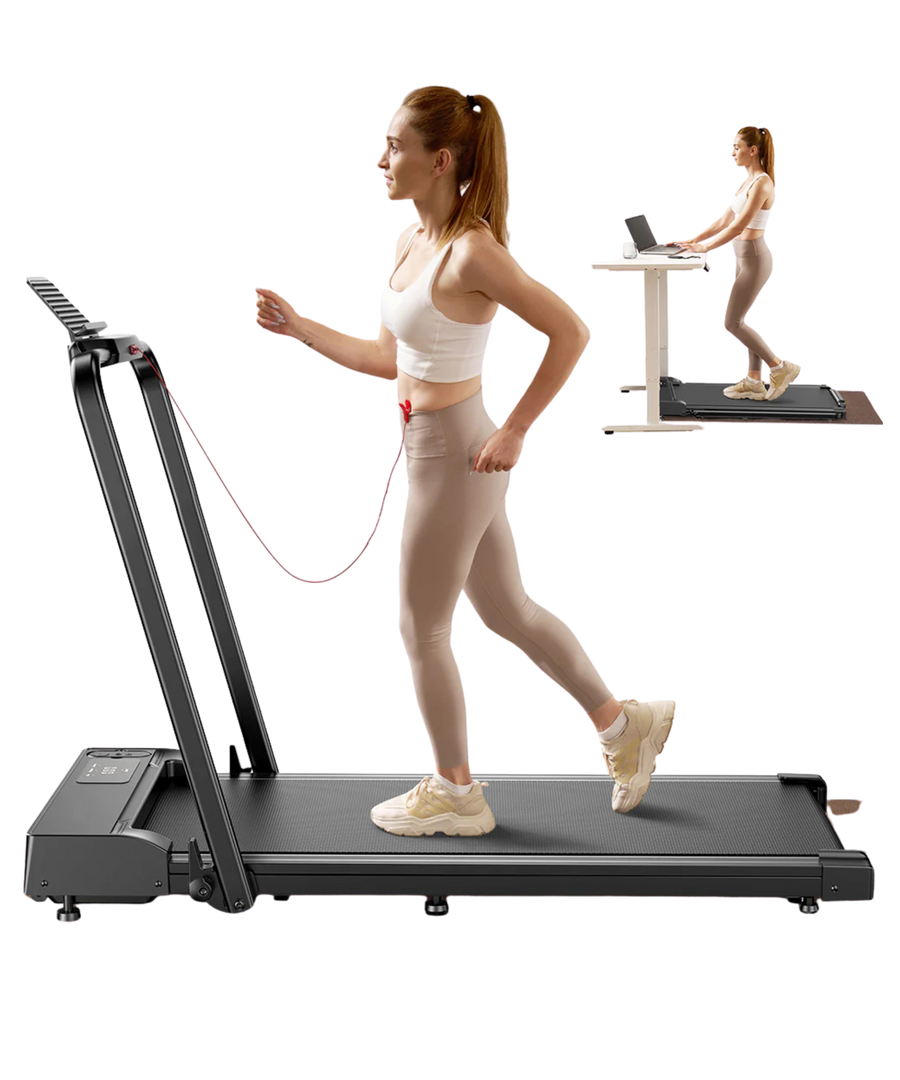
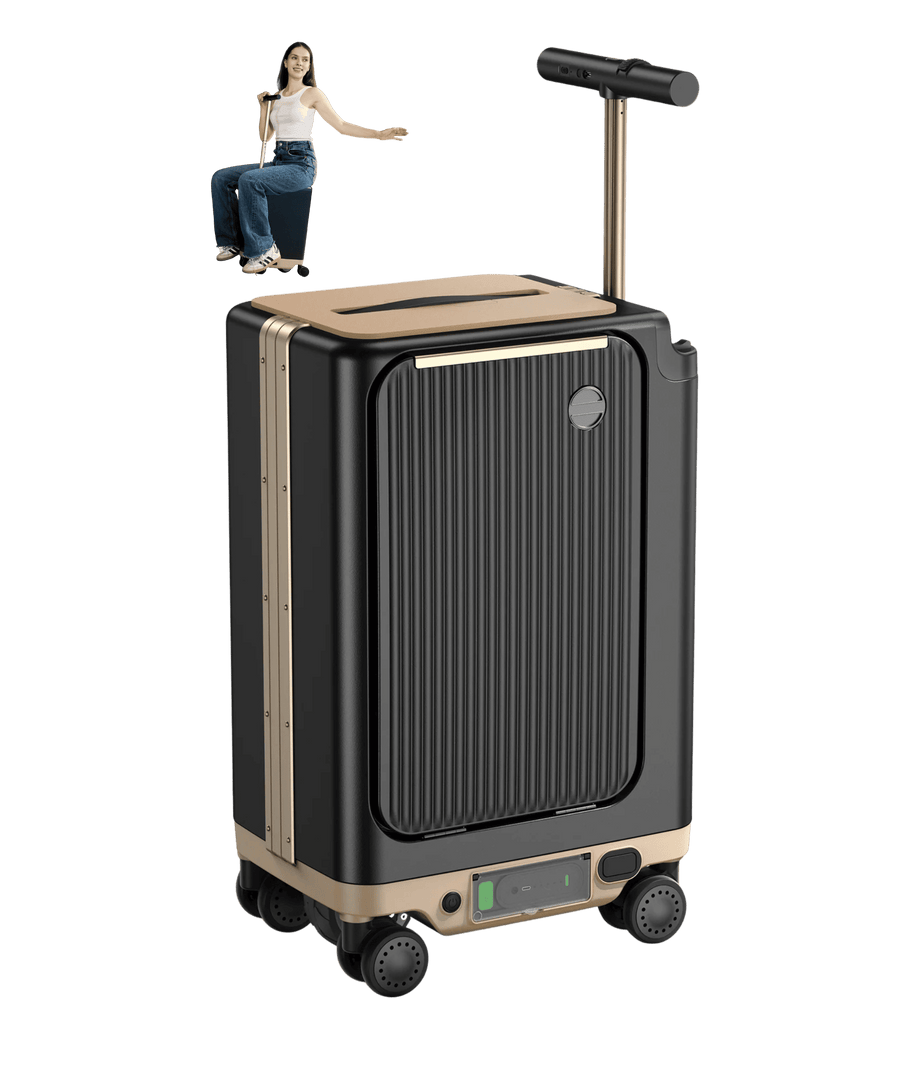




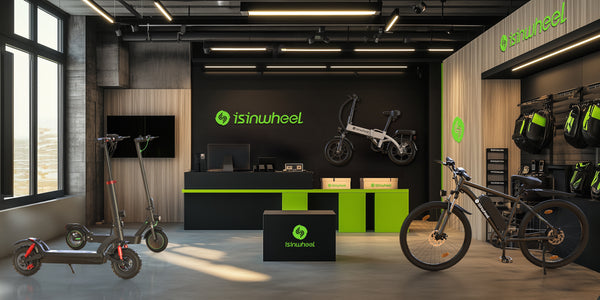
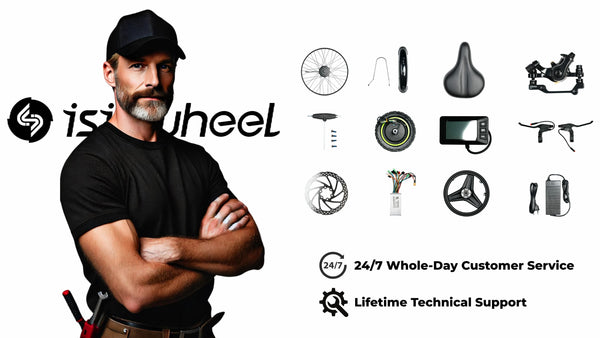
















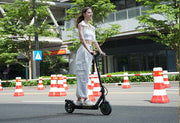
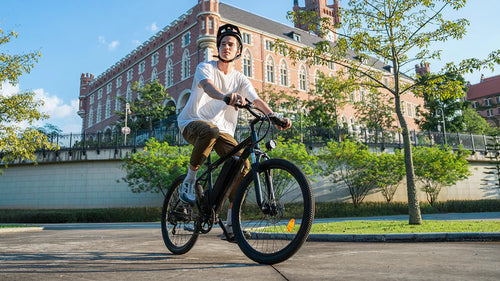
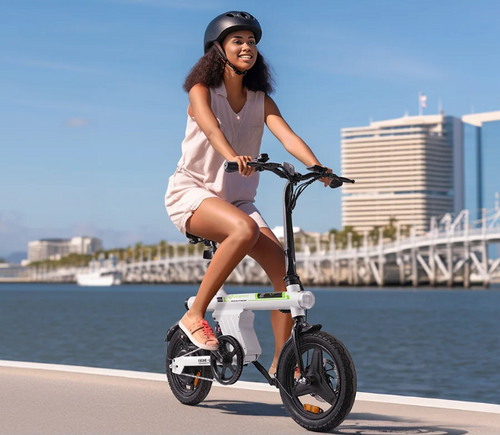
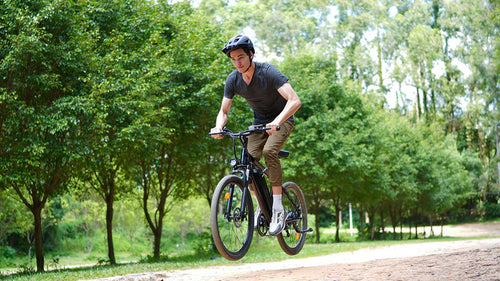
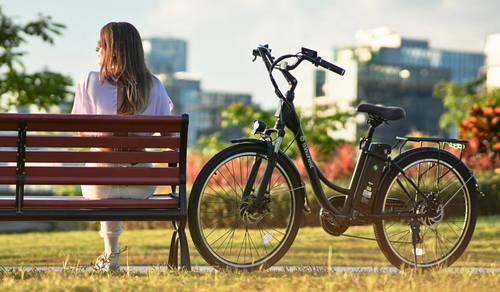
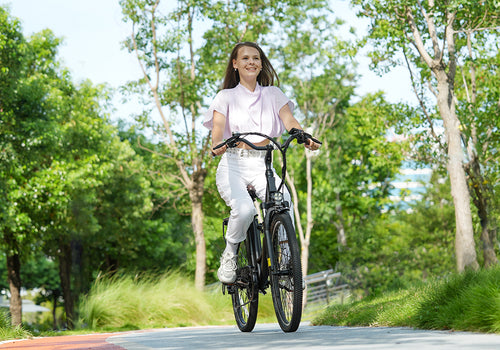
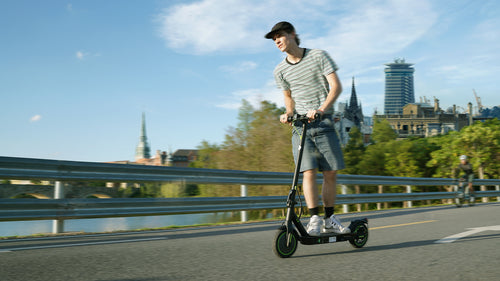
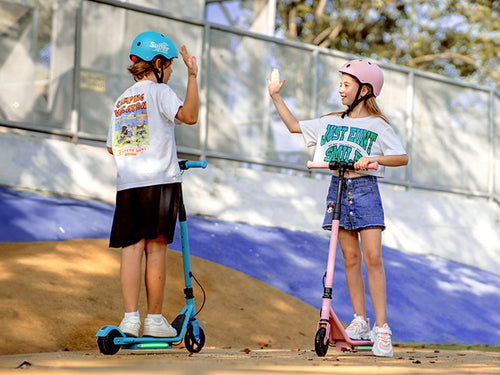
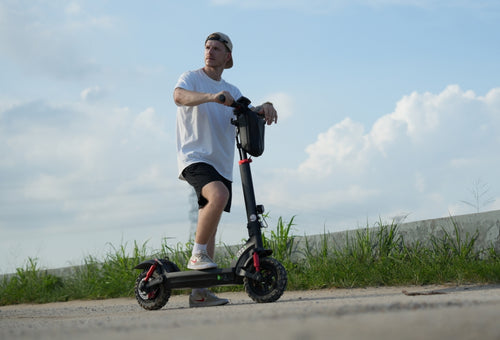
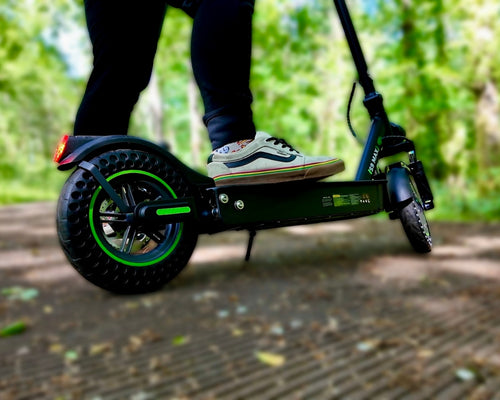
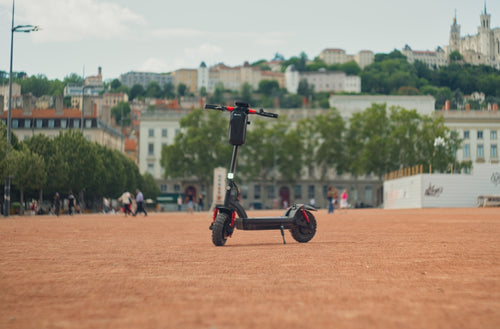
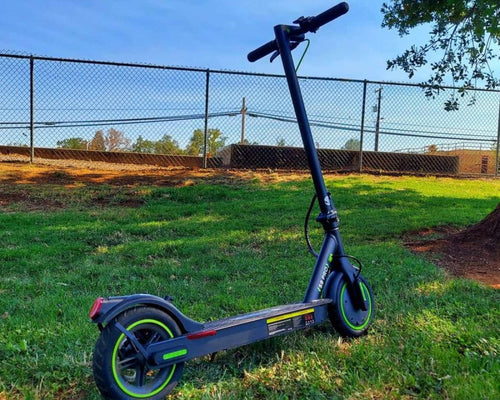





Leave a comment